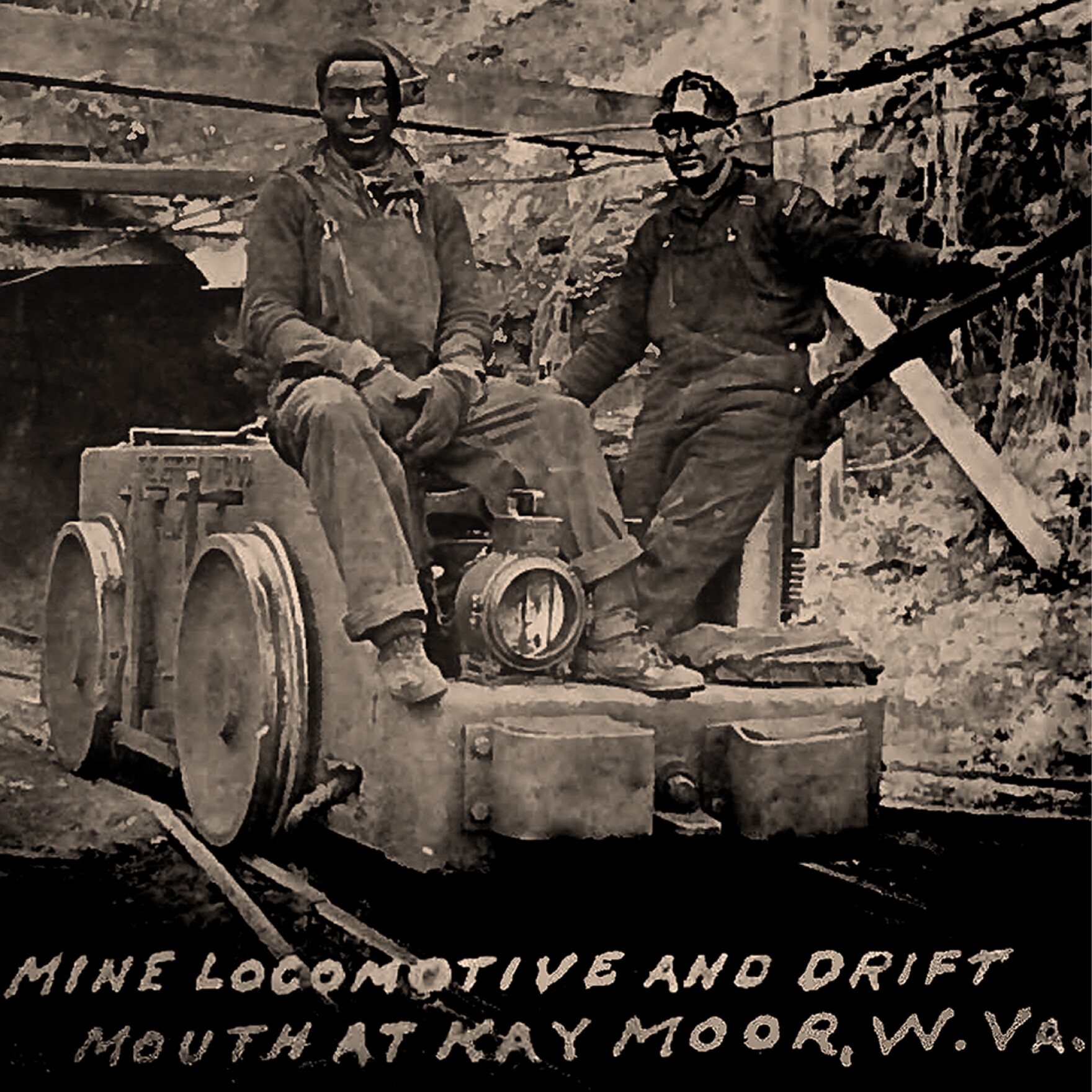Award-winning investigative, environmental reporter Ken Ward Jr. announced Monday was his last day at the Charleston Gazette-Mail.
“Some personal news: Today was my last day at @wvgazettemail. After more than 28 years, I’ve decided it’s time for new adventures and different challenges. More on that soon /1,” Ward said via Twitter.
Some personal news: Today was my last day at @wvgazettemail. After more than 28 years, I've decided it's time for new adventures and different challenges. More on that soon /1
— Kenwardjr (@Kenwardjr) February 24, 2020
The news comes just days after Greg Moore, the Gazette-Mail’s now-former executive editor, announced his job had been unexpectedly eliminated Thursday. Media trade publication Poynter reached out to newly-hired regional executive editor Lee Wolverton regarding the decision to eliminate Moore’s position. He had no comment.
Unexpectedly, today was my last day at the @wvgazettemail, after 24-plus years. I'm incredibly sad to be leaving, especially when people there have been doing such incredible things over the past couple of years.
— Greg Moore (@gregmoorewv) February 20, 2020
In 2017, the Gazette-Mail, whose motto is “sustained outrage” won a Pulitzer Prize for its investigation into West Virginia’s opioid crisis. In January 2018, the paper declared bankruptcy. It was purchased by HD Media, a media company based in Huntington. Moore was the paper’s second editor to lose his job in the last two years. Longtime editor Rob Byers was laid off in 2018.
On Monday, reaction to Ward’s announcement poured in on social media from both current and former Gazette-Mail staffers as well as members of the public.
This is another big loss
Ken would put down what he was doing to help with my stories, as he would for any young reporter in the newsroom who wanted to hold someone powerful accountable.
Sad to see this, but sure exciting things are yet to come https://t.co/LIZ9NcEPv6
— Jake Zuckerman (@jake_zuckerman) February 24, 2020
Thanks for 28 yrs of incredible contributions to @wvgazettemail and the citizens of #WV.
As you've related yourself, there's nowhere in the world that needs quality investigative reporting than West Virginia.
You've set that bar high, and we're all better for it.— WestVirginiaRivers (@OurWVRivers) February 24, 2020
Some expressed anger toward Doug Reynolds, managing partner of HD Media.
Canceled my GM subscription. Good luck with the new direction you going in. @dougreynolds16
— Lisa (@Lisa_Asillie) February 24, 2020
When reached by phone, Reynolds praised Ward and his work.
“Ken’s an incredibly accomplished journalist,” he said. “We’re disappointed that he’s going onto other things, and we wish him the best of luck.”
Reynolds said “the timing is the timing at this point” when asked if the departure coincided with the decision to eliminate Moore’s position. He added while the executive management team hasn’t discussed it yet, it is his intention to fill Ward’s role.
Ward is a West Virginia native and graduate of West Virginia University. He has won numerous reporting awards and in 2017 was named a member of the newly launched ProPublica Local Reporting Network. In 2018, Ward was named a MacArthur Fellow, often referred to as the “genius” grant.
